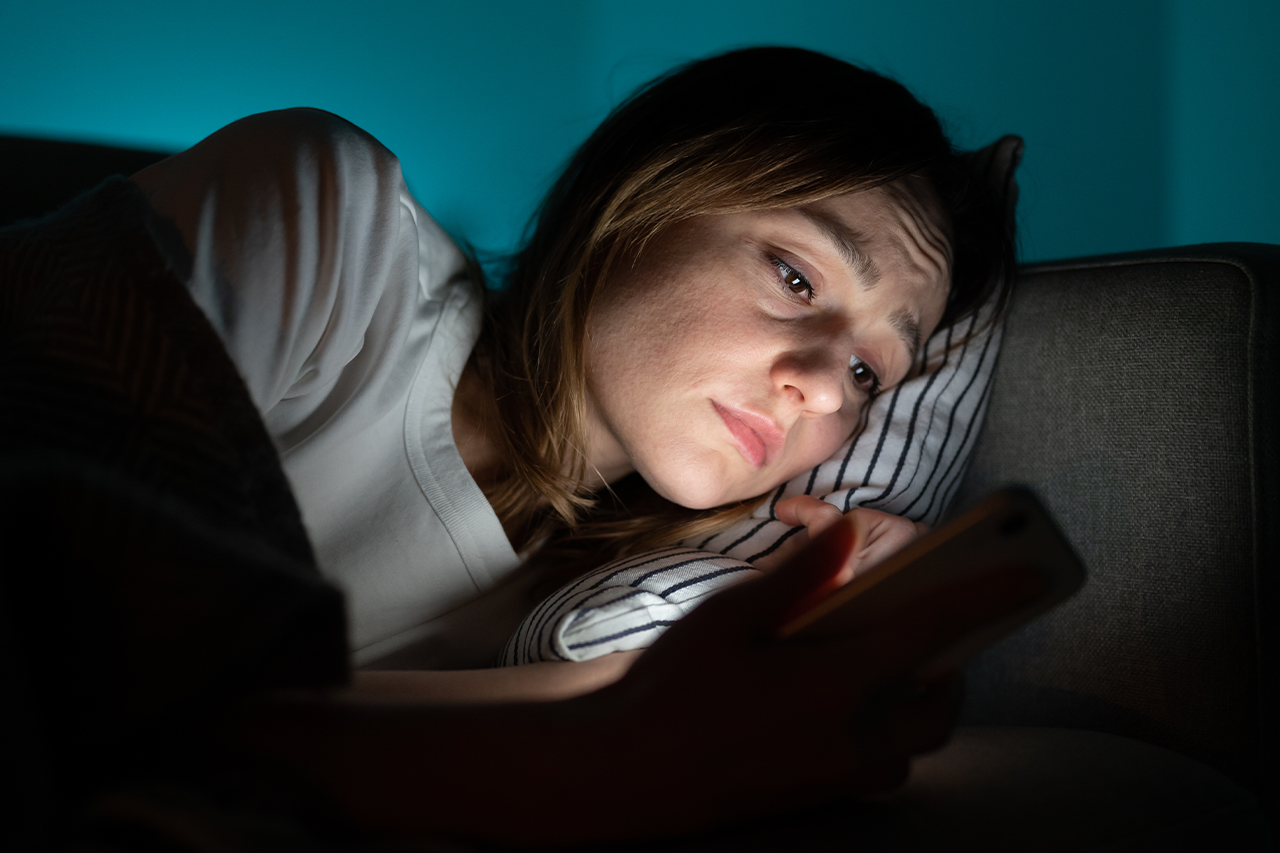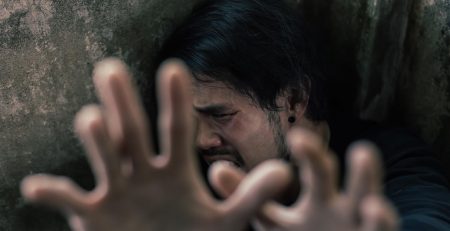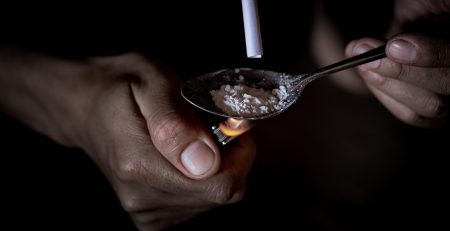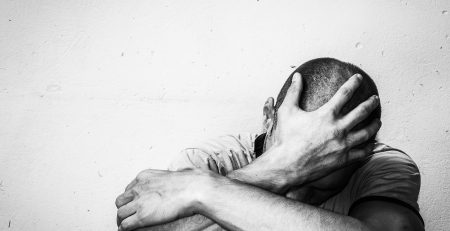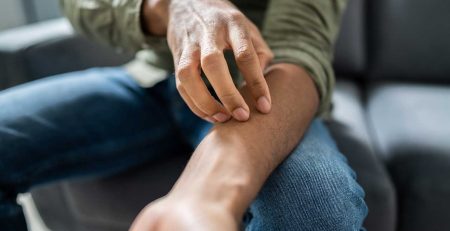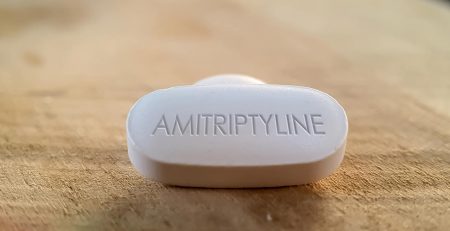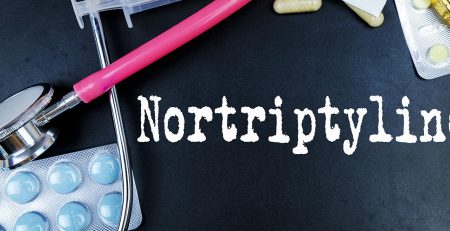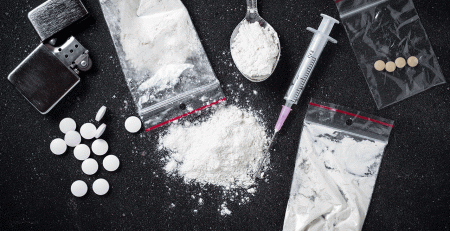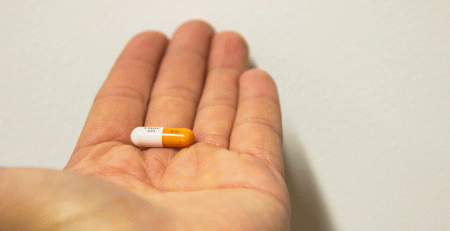Scopolamine – also known as hyoscine or Devil’s Breath – is a natural or synthetically produced tropane alkaloid and anticholinergic drug that was formerly used as a medication to treat motion sickness and nausea and vomiting after surgery. It may also sometimes be used before surgery to decrease salivary production. However, scopolamine is also a common recreational drug that’s known for its dangerous side effects, including overdose. Keep reading to learn more about scopolamine overdose and what to do if it happens.
Can You Overdose On Scopolamine?
Scopolamine is also known as Devil’s Breath because it’s known for producing dangerous side effects. Considered one of the scariest drugs in the world, scopolamine produces a zombie-like state that leaves users and victims with no ability to move. For this reason, the drug is also used to facilitate crimes like robberies, stolen organs, and rape.
Scopolamine is derived from the flower of the borrachero shrub, which is common in Colombia. The seeds are extracted and made into a powder to be swallowed, snorted, or smoked. Common scopolamine side effects include hallucinations, frightening visions and images, and immobility or lack of motor control.
In addition to recreational use, the more common formulations of scopolamine available in the U.S. come as a transdermal patch that can be worn to prevent motion sickness. The patch is worn behind the ear and is slowly absorbed through the skin. It’s worn for no more than three days before it’s replaced.
Unfortunately, many people neglect to follow directions and keep the patch on longer. When the patch is kept on longer than three days, a scopolamine overdose can occur, which can make the symptoms it’s meant to treat worse.
Questions about our Programs?
Our admissions coordinators are available 24/7 to answer any questions you may have as you consider whether treatment at Banyan is right for you or your loved one.
Scopolamine Overdose Symptoms
Thankfully, because scopolamine patches don’t contain a huge dose, scopolamine overdose is unlikely to be fatal. However, it can be highly uncomfortable and could lead to other potential complications, which may be fatal.
Possible scopolamine overdose symptoms include:
- Anxiety
- Blurred or loss of vision
- Decrease in urine volume
- Difficulty sleeping
- Difficulty urinating
- Disturbed perception of color
- Dizziness
- Double or blurred vision
- Dry mouth
- Dry, flushed skin
- Fast, pounding, or irregular heartbeat or pulse
- Headache
- Impaired judgment
- Irritability
- Loss of consciousness
- Nervousness
- Numbness of the feet, hands, and around the mouth
- Painful urination
- Pounding in the ears
- Rapid breathing
- Seeing halos around lights
- Seizures
- Shaking
- Sleepiness
- The overbright appearance of lights
- Tunnel vision
- Unusual drowsiness, dullness, weakness, or feeling of sluggishness
If scopolamine (hyoscine) overdose occurs, call 9-1-1 immediately. While death is rare, certain symptoms can become complicated and severe, which may increase the risk of death.
Get a Free Insurance Verification Today!
"*" indicates required fields
Scopolamine Abuse and Addiction
Although scopolamine is effective for treating motion sickness, seasickness, nausea, vomiting, and other symptoms, the drug is also abused for non-medical purposes. However, it’s rarely for pleasurable reasons.
Scopolamine or “Devil’s Breath” leads to docility, lack of free will, memory loss, and unpleasant hallucinations, making it a popular date rape drug and substance used to facilitate other forms of crime. The drug is so powerful that it’s even been used by governments as a truth serum during interrogations. According to the CIA, police were experimenting with it in 1922, and its most recent use was by the Czechoslovak government in 2008.
However, one form of drug use can encourage others, so if you’re struggling to control your use of any prescription drug or know someone who is, our Banyan Lake Worth rehab offers prescription drug addiction treatment that can help.
Our BHOPB detox is the first step in recovery, helping clients overcome withdrawals and drug cravings in a medically stable environment. Then comes psychotherapy, during which clients can work with our therapists and counselors to adjust their habits and build relapse prevention skills.
For more information about our mental health or addiction treatment in Lake Worth, call Behavioral Health of the Palm Beaches today at 561-220-3981.
Related Reading:


